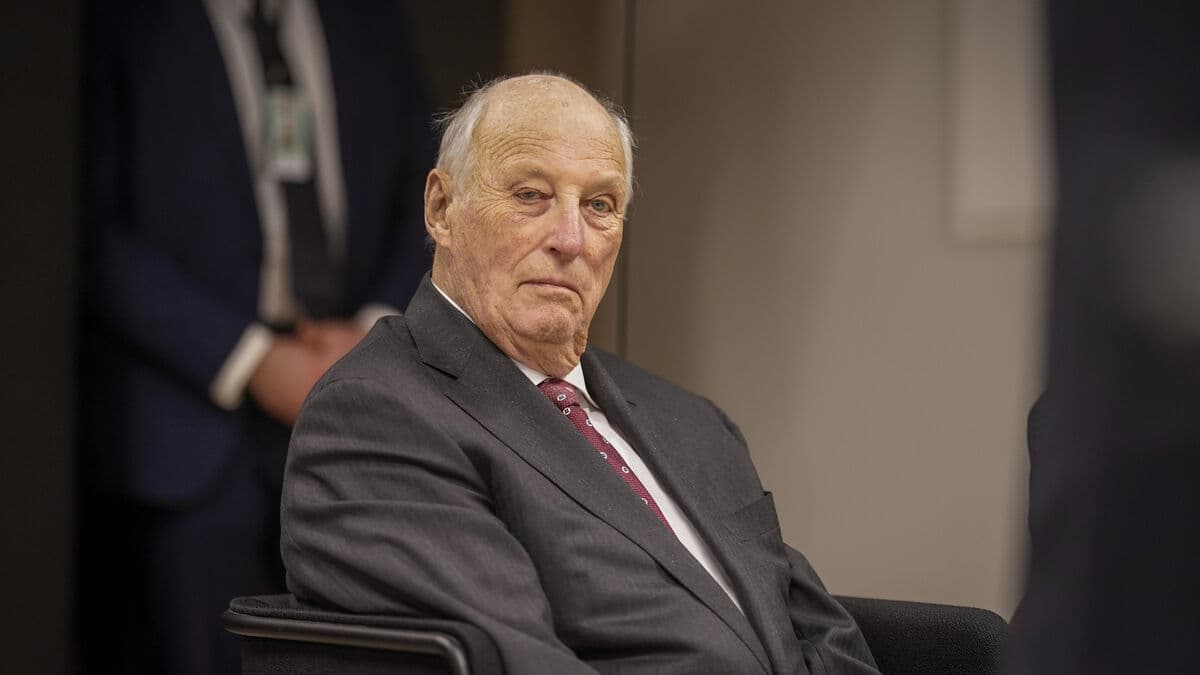The government's investigator proposes a reduced sentence discount for 15-17-year-olds.
This could mean significantly longer sentences for, for example, murder when youth prisons are introduced.
Many of the young people under 18 who commit serious crimes, such as murder, are currently sentenced to closed youth care, where the maximum sentence is four years.
The government's intention is to remove closed youth care as a sentence and replace it with youth prisons from 2026.
Young people aged 15-17 who are then sentenced to prison will still have a sentence discount, but the government's investigator, Gunnel Lindberg, proposes that it be reduced.
The proposal means that the sentence discount for a 15-year-old would be reduced from 80 per cent to around 60 per cent. For a 16-year-old, the current discount of 65-75 per cent would be reduced to around 40 per cent. For a 17-year-old, the discount would be reduced from 55-65 per cent to 20 per cent.
Abolished entirely
Justice Minister Gunnar Strömmer (M) gives an example of what the new system could entail. If the court chooses to sentence a young person under 18 who has committed a murder to the maximum sentence of 14 years, the sentence could become around 11 years with a 20 per cent reduction.
But there is room for the court to make an individual assessment. In a milder case, it may result in a larger reduction, and in a serious case, such as murder, no reduction at all, says Strömmer.
He thinks the proposal to maintain a reduced discount for 15-17-year-olds is reasonable.
The investigator also proposes that the sentence discount for 18-20-year-olds be abolished entirely. The discount for serious crimes was already abolished in 2022. Abolishing the discount entirely for people under 21 is a point in the Tidö Agreement between the government and the Sweden Democrats.
Are critical
Two experts in the investigation criticise in separate opinions that the government's directives have been too narrow, so that the investigation has not been able to make proper considerations about whether it is appropriate to abolish the sentence discount entirely for those over 18 and significantly reduce it for those under 18.
A third proposal from the investigator is that youth supervision for repeat offenders should be imposed more often than today, instead of youth service or youth care.
It's a pretty tough sentence. It means, for example, that you have to be at home every Friday, Saturday, and Sunday evening, says Gunnel Lindberg.
A new sentence, extended youth supervision, is also proposed. It involves more control and supervision over a longer period, at least one year and a maximum of three, than youth supervision. It should also begin with a two-month period of deprivation of liberty.
The law changes are intended to come into force on 1 July 2026.
This is the current situation
For lawbreakers under 18, the sentence is normally determined to be one of the special youth sentences or fines.
The special youth sentences are youth care, youth service, youth supervision, and closed youth care.
Imprisonment can be chosen if there are exceptional reasons.
If there are grounds for imprisonment, the court should choose closed youth care for a certain period, unless special reasons speak against it.
Source: The Government's Investigation Directive 2023:112






